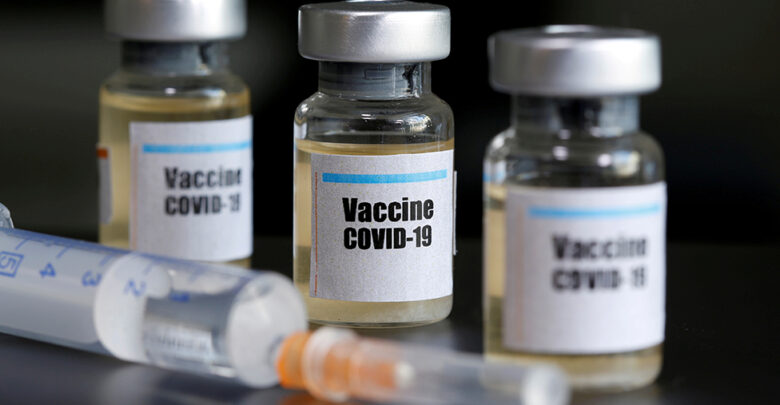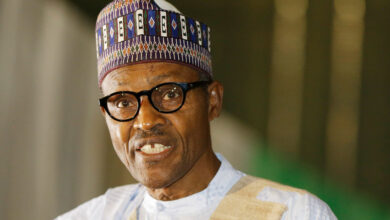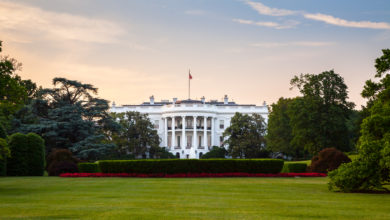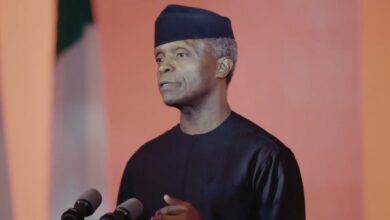Nigeria
Nigerian Government Decides To Delay Local Production Of COVID-19 Vaccine

The Nigerian government on Tuesday said it has decided to delay the production of the COVID-19 vaccine in the country due to the inability to procure the required technology for vaccine production, reported CGTN Africa.
Nigeria’s Health Minister Osagie Ehanire said in a statement that the fund approved by the National Assembly to support the local production of the vaccine was still intact, but the country is still facing major hindrance as regards the production.
He said the Nigerian government continues to hold talks with a local vaccine company to enhance a public-private partnership in producing the vaccine.
“Nigeria is a 49 percent shareholder in a company called Bio-Vaccine Nigeria Limited, and the bio-vaccine is a revival of the former vaccine plants that the federal government used to have, in which the private sector was invited to join and form a special purpose vehicle,” Ehanire said.
The Nigerian health minister said that the joint venture was earlier stalled because of the COVID-19 outbreak when there was a lockdown.
“So, there is a lot of delay by the company in getting themselves on their feet. The aspiration to produce vaccines has not been fulfilled. It is not that it is abandoned,” Ehannire explained.
He added that the government would continue to work on getting that technology to produce routine vaccines, as well as COVID-19 vaccines.
The Nigerian government has set aside a sum of 10 billion nairas (over 26.3 million U.S. dollars) to support COVID-19 vaccine production in the country.
Earlier this week, the government announced a slew of new anti-coronavirus measures to curb the spread of the deadly virus. The measures include ban gatherings of more than 50 people, and closure of nightclubs, bars, and gyms until further notice. Religious gatherings and weddings are expected to maintain a 50% capacity of the venue.






